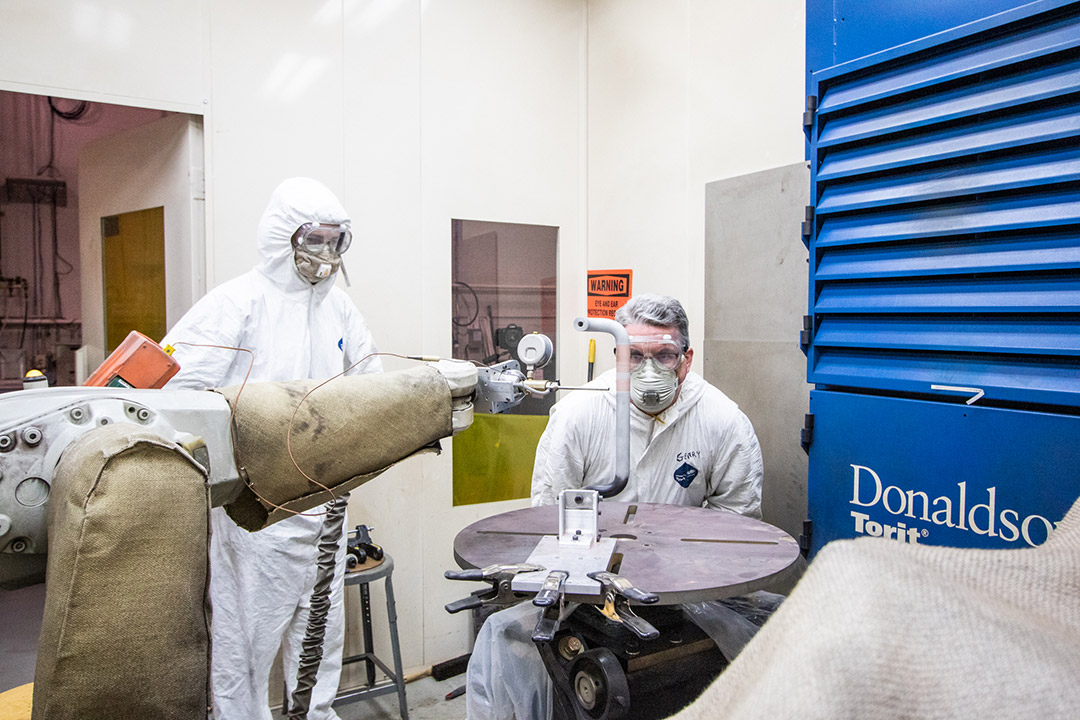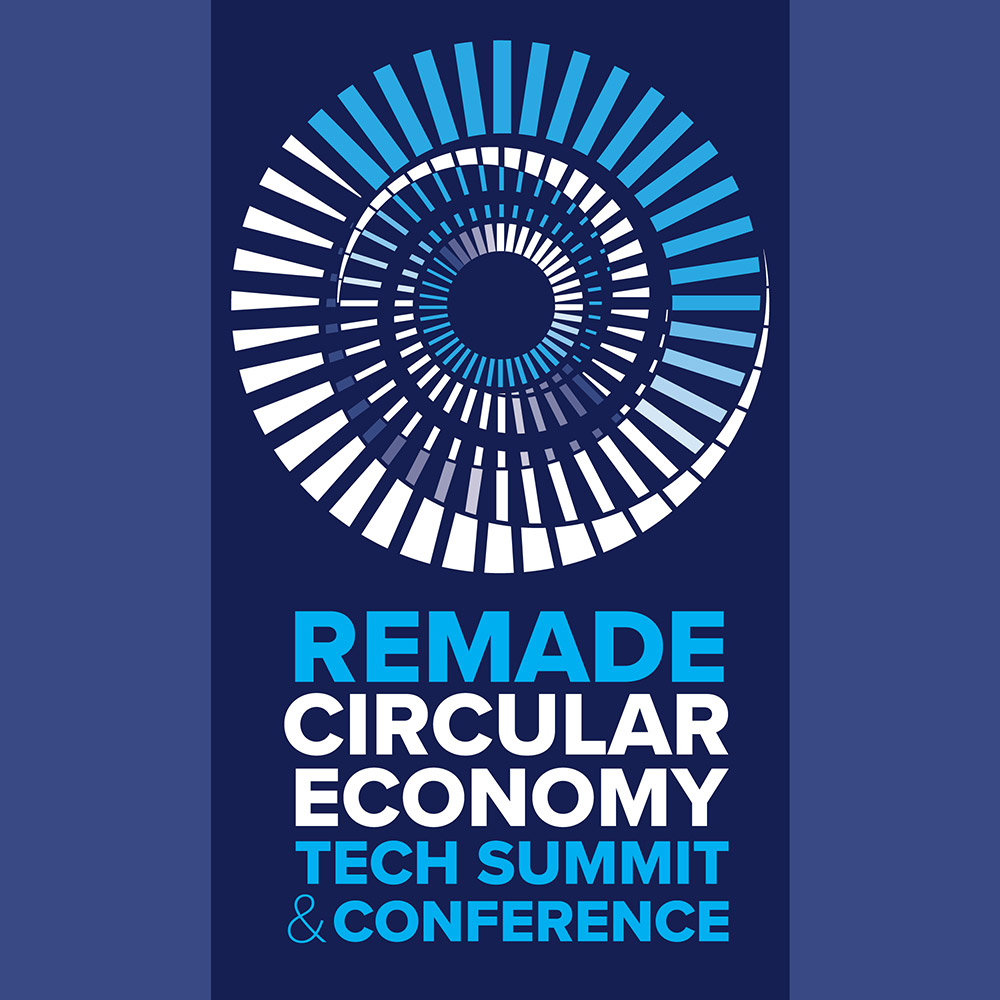National institute, led in part by RIT, hosting first-ever conference in Washington, D.C.
REMADE Circular Economy Technology Summit and Conference will highlight breakthrough innovations
REMADE Institute, led in part by RIT, is hosting an inaugural conference in Washington, D.C., that is showcasing promising strategies and technologies for accelerating the adoption of a circular economy.
A national institute, led in part by Rochester Institute of Technology, this week is hosting the inaugural REMADE Circular Economy Technology Summit and Conference in Washington, D.C., showcasing promising strategies and technologies for accelerating the adoption of a circular economy.
REMADE Institute, led in part by RIT, is hosting an inaugural conference in Washington, D.C., that is showcasing promising strategies and technologies for accelerating the adoption of a circular economy.
REMADE Institute, a 170-member public-private partnership established by the United States Department of Energy (DOE) with an initial investment of $140 million, organized the summit in partnership with the Ellen MacArthur Foundation and with key support from the DOE’s Office of Energy Efficiency and Renewable Energy (EERE).
Nabil Nasr, associate provost, director of Golisano Institute for Sustainability, and REMADE CEO, believes the conference taking place today and tomorrow, March 20-21, at the National Academy of Sciences Building in Washington, D.C., represents an important step in building critical connections between businesses, academia, and policymakers toward a circular economy. The economic model is designed to keep energy-intensive materials in circulation for as long as possible while eliminating waste and regenerating natural systems.
“REMADE and our partners are very excited about bringing together, for the first time, all aspects of the circular economy into one unified, in-depth, multidisciplinary, action-based scientific conference and national thought-leadership event,” said Nasr, a speaker at a White House circular economy innovation roundtable last month.
REMADE Circular Economy Technology Summit and Conference
According to REMADE, more than 300 registrants are attending the first-time event, including members, non-members, policymakers, and graduate students. Organizations sending representatives include member companies such as Honda, Caterpillar, BASF, Nike, and Michelin, as well as several member universities like RIT. Non-member organizations attending include Amazon, Boeing, Hitachi, Sony, U.S. Army, Trinity College Dublin, Oxford University, and University of Cambridge.
In addition to a wide array of keynote and plenary speakers, the conference agenda includes the presentation of nearly 60 research papers, including four from RIT.
Increasingly, companies and governments alike are turning to circularity as a viable pathway for decarbonizing industry while continuing to meet the world’s needs through economic growth. But there are still sizeable knowledge gaps when it comes to putting circularity into practice, both from a logistical and technological perspective.
Experts agree that a systems approach is essential to planning circular economy solutions. It will be a theme throughout the event, focusing on how circular economy can be used to address complex challenges like climate change or the depletion of natural resources. Speakers and presenters will explore how technology can be applied to increase the reuse, remanufacturing, recovery, and recycling of energy-intensive materials like steel and aluminum, plastics, paper, and electronic waste (e-waste).
Three themed tracks of presentations will offer in-depth explorations of novel tools and technologies that are capable of advancing the circular economy. These talks will give attendees access to new research from across the globe, including those in the U.S. funded through REMADE. They will explore key focus areas across the material life cycle, including systems analysis, industrial ecology, eco-design, manufacturing-materials optimization, remanufacturing, resource recovery, and recycling.
Founded in 2017, REMADE is the only national institute focused entirely on developing innovative technologies to accelerate the U.S.’s transition to a circular economy. The institute is part of Manufacturing USA, a national network of 16 federally designated, public-private partnerships united to secure U.S. global leadership in advanced manufacturing through large-scale collaboration on technology, supply chain, and workforce development.
REMADE, the first institute for which the university serves as lead member, marked five years in 2022.








